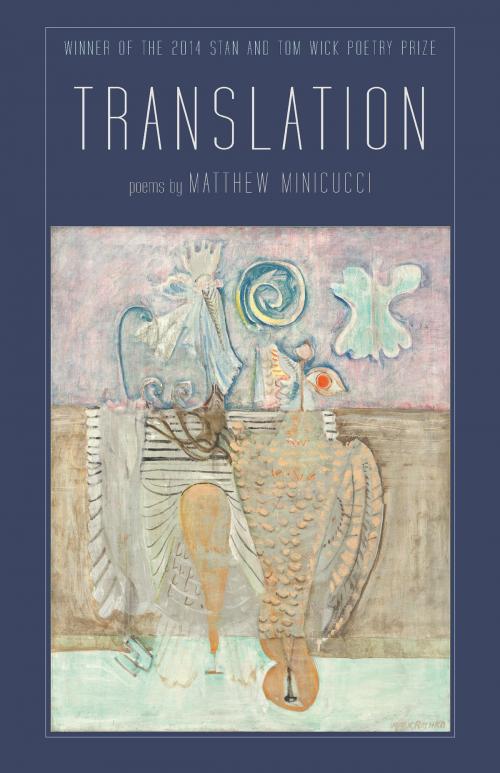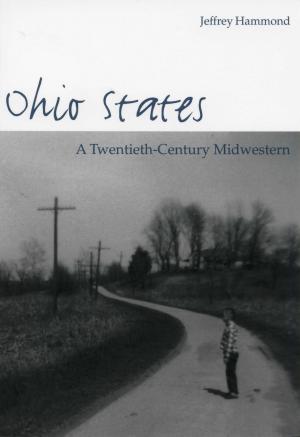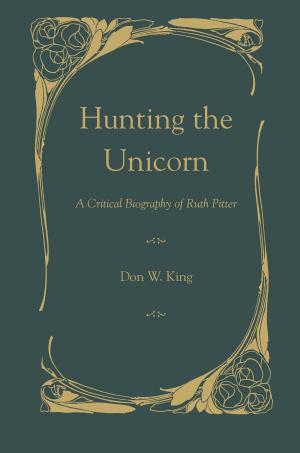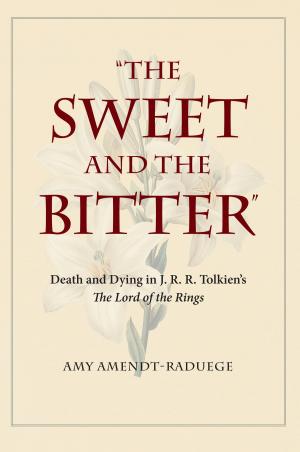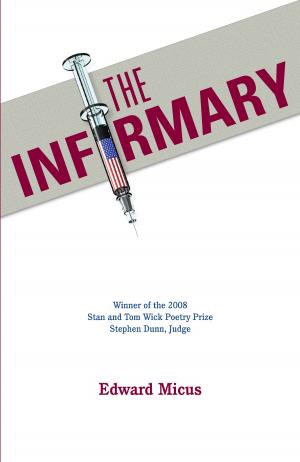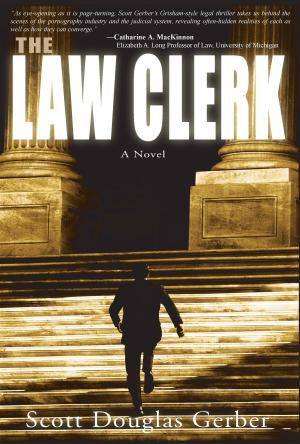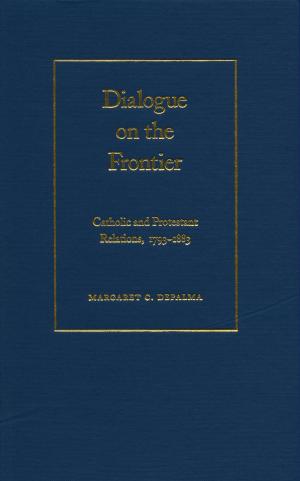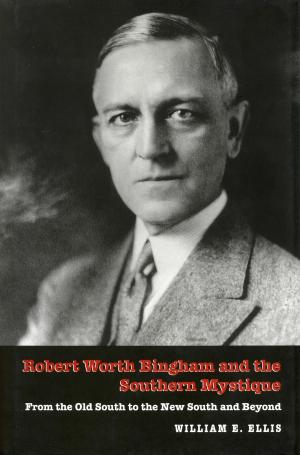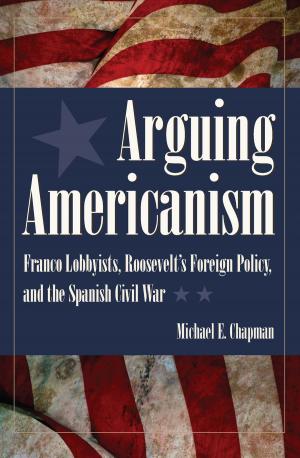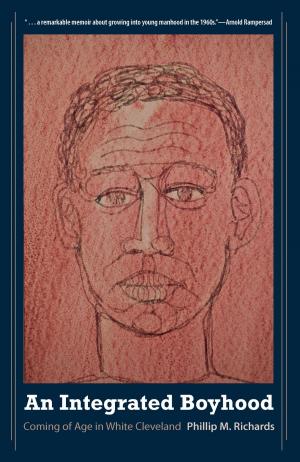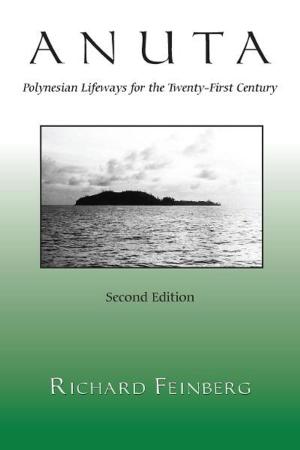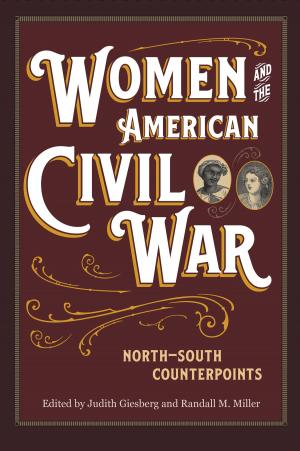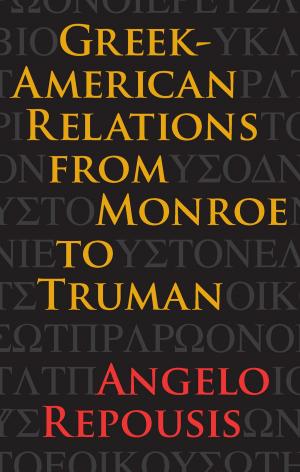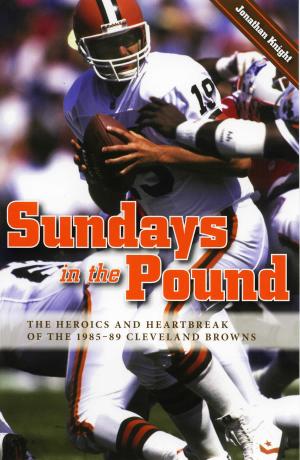| Author: | Matthew Minicucci | ISBN: | 9781631011627 |
| Publisher: | The Kent State University Press | Publication: | August 28, 2015 |
| Imprint: | The Kent State University Press | Language: | English |
| Author: | Matthew Minicucci |
| ISBN: | 9781631011627 |
| Publisher: | The Kent State University Press |
| Publication: | August 28, 2015 |
| Imprint: | The Kent State University Press |
| Language: | English |
Winner of the 2014 Stan and Tom Wick Poetry Prize
Jane Hirshfield, Judge
“What are we to do with anger? What are we to do with love? What are we to do with one another, given all that happens and has happened between us? These are a few of the questions that haunt Matthew Minicucci’s deeply original and profoundly moving poems. In work personal and learned, steeped in familial life, the natural world, and the culture’s storehouse of literature, myth, and history, Minicucci transforms outward knowledge and observation into accurate and deftly navigable vessels of inner life. Whales’ hearts and family stories; etymologies, metrics, and syntax; the war machines and fishing lures of past and present worlds—all are harnessed together, hammered together, in this book-long exploration of our shared and particular human fates.”
—Jane Hirshfield
“Matthew Minicucci begins his collection with his prize-winning poem, ‘A Whale’s Heart,’ where in the old world, a rose petal tincture was used to minimize a scar, but never concealed it completely. This is a book of such faint scars, losses almost imperceptible but there, hidden under the hairline, or just above the heart. It is how these losses are transformed, through the alchemy of memory, forgiveness and love, small, intense, painterly studies of a country populated by the human family.”
—Dorianne Laux
“If fate is, as Aurelius contends, a weaver, Matthew Minicucci’s remarkable collection Translation stunningly unravels all we have been given: the fate of each species, the fate of each family, the fate of languages, and the fate of the ancient texts which constitute the violent, compelling sea on which so much of our understanding of the present floats and into whose complex amnion we never tire of descending. Translation not only explores what we might call the work and origins of literal translation, but it is itself a beautiful, unflinching, unfolding embodiment of our most essential human translational efforts: the work of translating experience into words, memory into understanding, and anger into forgiveness. Here is a rare collection that must be held in full, a book that deepens its inquiries with the turn of every page. If the metaphor is itself a kind of translation, then Minicucci demonstrates with both imagistic precision and an abiding associative mystery how all things—both the fist and the clasp, the sword and the shield, the hawk and the turtle, and, finally, the lilac bush and the switch fashioned from it—when carefully lifted and turned, implicate us all.”
—Kathleen Graber
Winner of the 2014 Stan and Tom Wick Poetry Prize
Jane Hirshfield, Judge
“What are we to do with anger? What are we to do with love? What are we to do with one another, given all that happens and has happened between us? These are a few of the questions that haunt Matthew Minicucci’s deeply original and profoundly moving poems. In work personal and learned, steeped in familial life, the natural world, and the culture’s storehouse of literature, myth, and history, Minicucci transforms outward knowledge and observation into accurate and deftly navigable vessels of inner life. Whales’ hearts and family stories; etymologies, metrics, and syntax; the war machines and fishing lures of past and present worlds—all are harnessed together, hammered together, in this book-long exploration of our shared and particular human fates.”
—Jane Hirshfield
“Matthew Minicucci begins his collection with his prize-winning poem, ‘A Whale’s Heart,’ where in the old world, a rose petal tincture was used to minimize a scar, but never concealed it completely. This is a book of such faint scars, losses almost imperceptible but there, hidden under the hairline, or just above the heart. It is how these losses are transformed, through the alchemy of memory, forgiveness and love, small, intense, painterly studies of a country populated by the human family.”
—Dorianne Laux
“If fate is, as Aurelius contends, a weaver, Matthew Minicucci’s remarkable collection Translation stunningly unravels all we have been given: the fate of each species, the fate of each family, the fate of languages, and the fate of the ancient texts which constitute the violent, compelling sea on which so much of our understanding of the present floats and into whose complex amnion we never tire of descending. Translation not only explores what we might call the work and origins of literal translation, but it is itself a beautiful, unflinching, unfolding embodiment of our most essential human translational efforts: the work of translating experience into words, memory into understanding, and anger into forgiveness. Here is a rare collection that must be held in full, a book that deepens its inquiries with the turn of every page. If the metaphor is itself a kind of translation, then Minicucci demonstrates with both imagistic precision and an abiding associative mystery how all things—both the fist and the clasp, the sword and the shield, the hawk and the turtle, and, finally, the lilac bush and the switch fashioned from it—when carefully lifted and turned, implicate us all.”
—Kathleen Graber
